Every morning, your alarm clock goes off, and you just can't seem to get yourself out of bed. You hit the snooze button over and over again, telling yourself that you'll get up in “just a few more minutes”.
But those few minutes turn into hours, and before you know it, it's afternoon...
If this sounds familiar, you're not alone. We know professional women’s slumber can be disrupted from being uncomfortable or too hot at night, and it can be tough to break the cycle.
But there are some simple things you can do to help you get your beauty sleep and make getting out of bed a little easier.
1. Stick To A Regular Sleep Routine
It can be tempting to stay up late on weekends and sleep in, but this can actually make it harder to get out of bed come Monday morning. Instead, try to stick to a regular sleep schedule. Go to bed and wake up at the same time every day if possible, and even on weekends. This will help your body get into a rhythm and make it easier to get to sleep and get up in the morning.
2. Create A Comfortable Sleep Environment
Your bedroom should be a calm and relaxing space. Make sure the temperature is comfortable, the sheets are clean and soft, and there's minimal noise and light. All of these factors can contribute to a good night's sleep and help you rest better.. Pillowcases made of silk have shown to help people sleep more comfortably. Not only is silk smooth and soft, but it’s also a natural temperature regulator keeping you cool in the summer and warm in the winter. Combined with its hypoallergenic properties, silk is the perfect all-season fabric for your bed.
Browse our luxury mulberry silk pillowcases

3. Exercise Regularly
Exercise is not only good for your physical health, but studies have shown that regular exercise can significantly improve your quality of sleep. People who exercise regularly tend to sleep better and have an easier time getting out of bed in the morning. Just be sure to avoid exercising too close to bedtime, as this can give you a burst in energy and actually make it harder to fall asleep.
4. Limit Caffeine And Alcohol Consumption
Caffeine and alcohol are two substances that can disrupt sleep. Caffeine, of course, is a stimulant that can make it harder to fall asleep. And while alcohol may make you feel sleepy at first, it actually decreases the quality of sleep and makes it harder to stay asleep throughout the night. If you must drink caffeine, do so earlier in the day and try not to have any more coffees in the afternoon, as it takes a few hours for your body to get the caffeine out of your system. And if you're going to drink alcohol, have it with dinner instead of just before bed.
You may also like: Soft vs Firm Pillow: Which is Better for Sleeping?
5. Practice Relaxation Techniques
There are a number of relaxation techniques that can help you fall asleep and stay asleep. One popular method is progressive muscle relaxation, which involves tensing and relaxing different muscle groups in the body. This can help to reduce stress and promote relaxation. Other relaxation techniques include deep breathing and visualisation. A short meditation before bedtime may also help you relax better at night. Try some of our favourite Spotify playlists to help you wind down here.
6. Avoid Large Meals Before Bed
Your body needs time and energy to digest food, and eating a large meal before bed can make it harder to fall asleep. The process of digestion can cause discomfort and make it difficult to relax. If you're going to eat before bed, stick to a light snack that won't weigh you down. Try having dinner a little earlier than usual to give your body time to digest. This also has many other health benefits and can assist with weight loss, higher levels of concentration, and an increase in overall wellbeing.
7. Limit Screen Time Before Bed
The blue light emitted by electronic screens can suppress the production of melatonin, the hormone that helps you feel sleepy. This can make it a lot harder to fall asleep and get the rest you need. To improve your sleep, limit screen time in the hours leading up to bedtime. If you must use an electronic device, consider using an app that filters out blue light. Many smartphones have a night shift option nowadays to limit the amount of blue light exposure at night. However, to give your mind a break, no phone before bedtime is still a better option.
8. Finally... Get Up When You First Wake Up
It can be tempting to hit the snooze button and go back to sleep when you first wake up. But this can actually make it harder to get out of bed. Once you're awake, it's best to get up and start your day. This will help you feel more alert and make it easier to get out of bed next time.
Never underestimate the power of a good night's sleep! It can make all the difference when it comes to getting out of bed in the morning. If you're struggling to sleep, try these tips and see how they help. They may seem like small actions to take, but when combined, they can quickly add up to have a big impact on the quality of your sleep – and life.
About A Good Night Sleep
We all love a good night sleep...
A Good Night Sleep wants you to get your beauty sleep. We know professional women’s slumber can be disrupted from being uncomfortable or too hot. Our luxury mulberry silk pillowcases allow your face to gently glide on top and help to keep you cool. Helping to reduce the appearance of fine lines and reducing ‘bed hair’, leaving your locks undisturbed, appearing shiny and smooth.


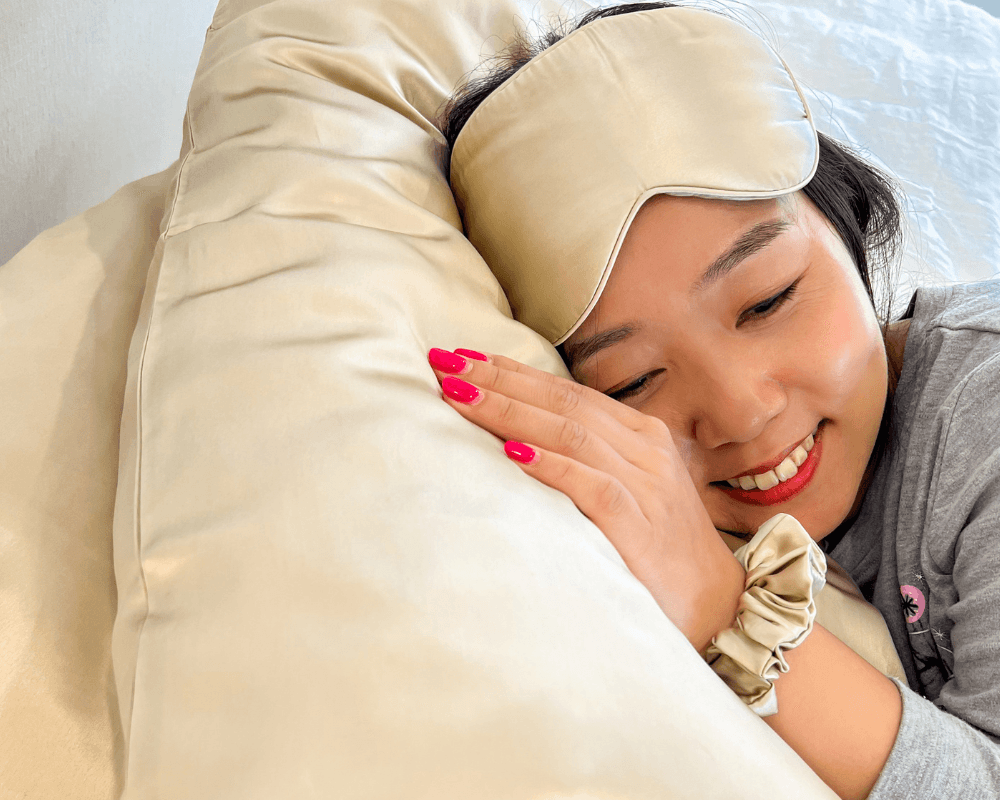
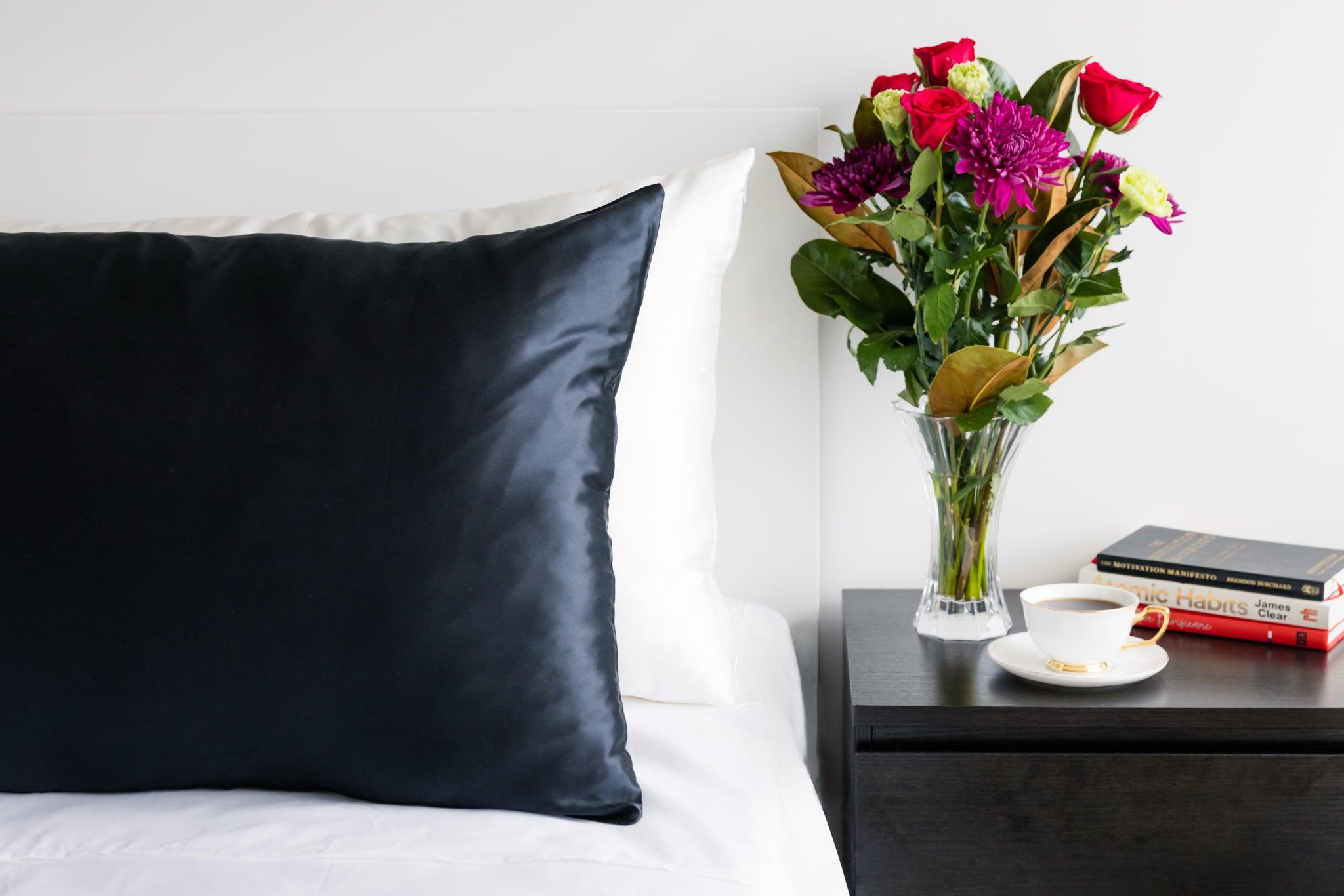
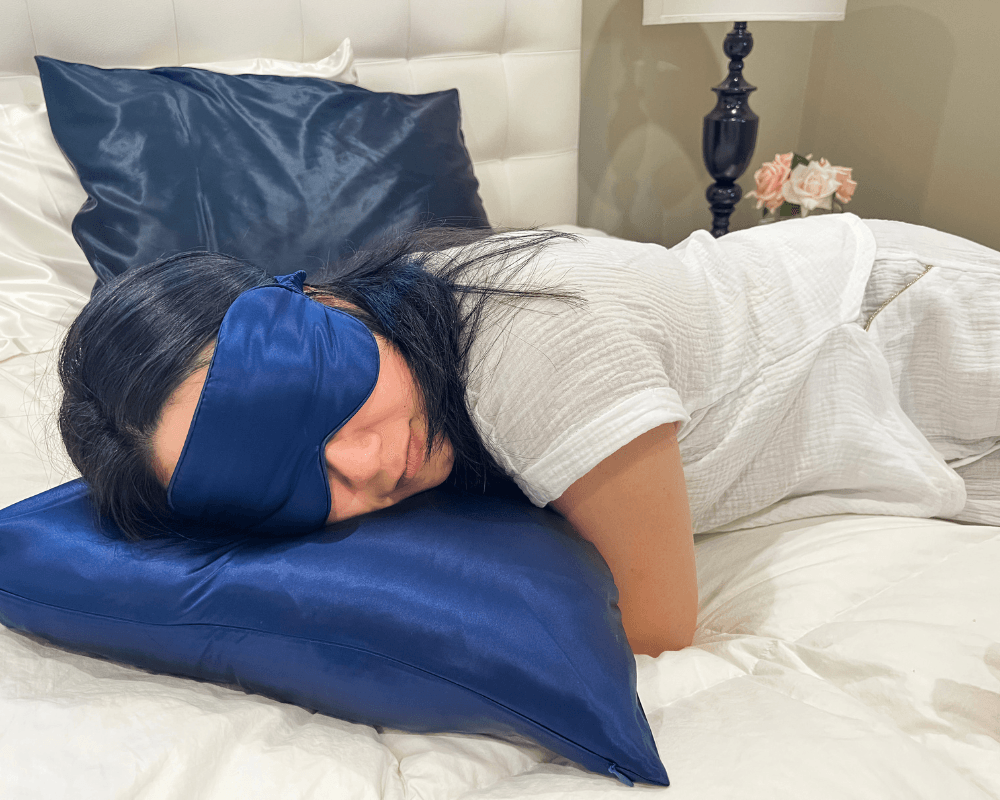
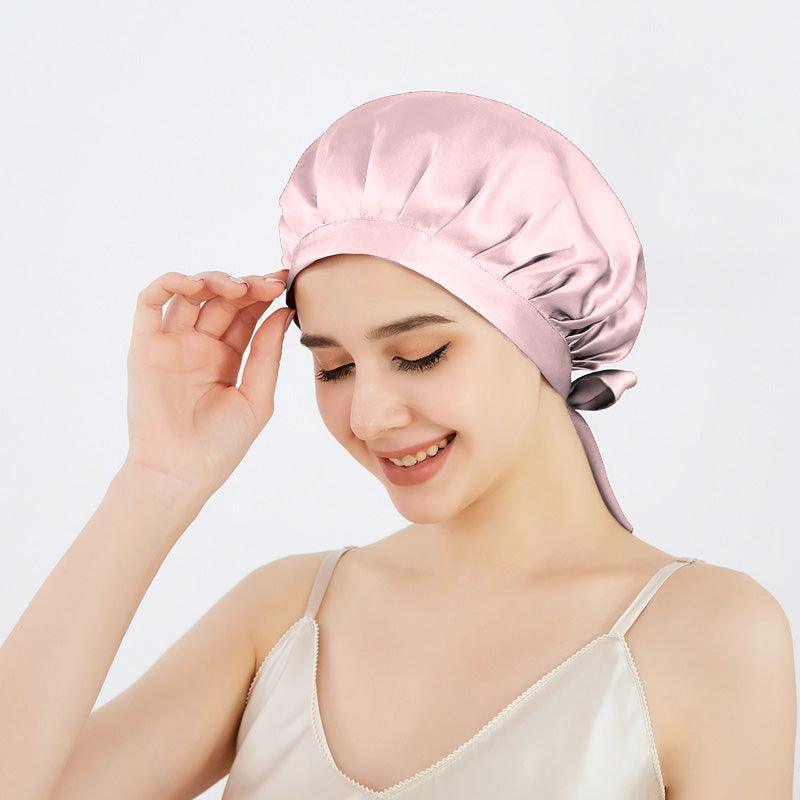
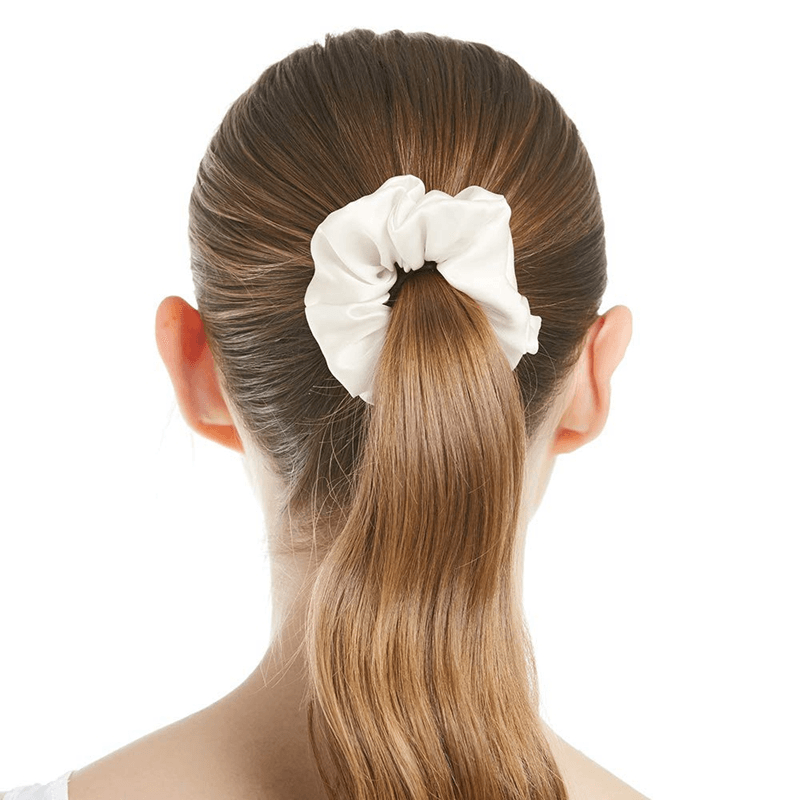









Leave a comment